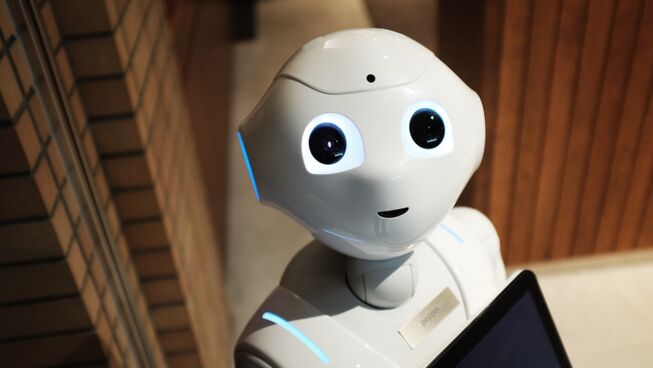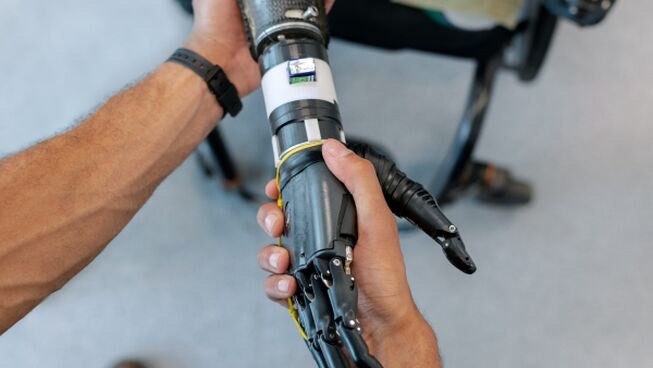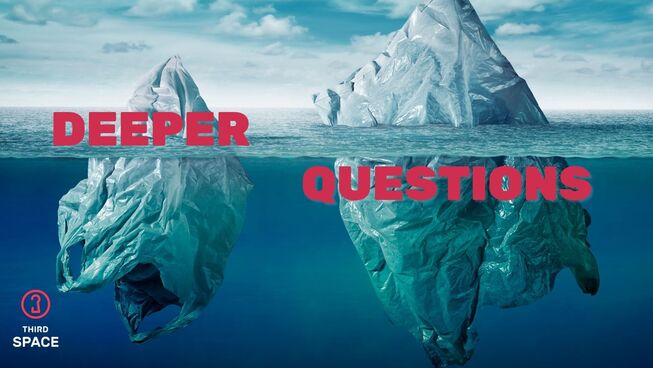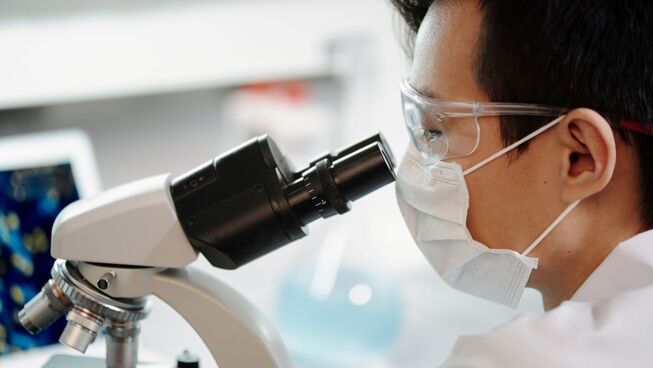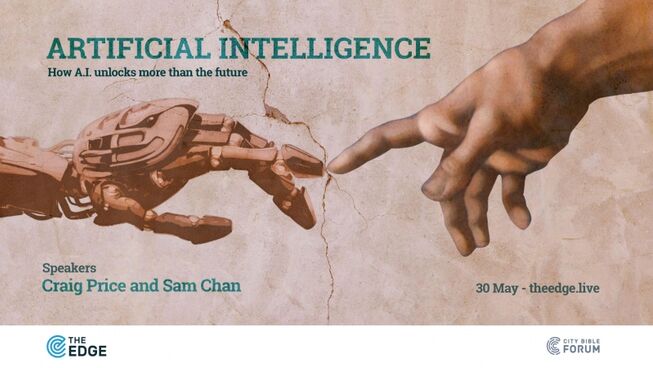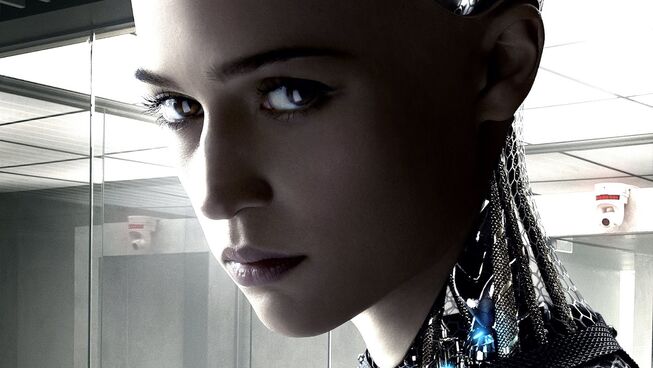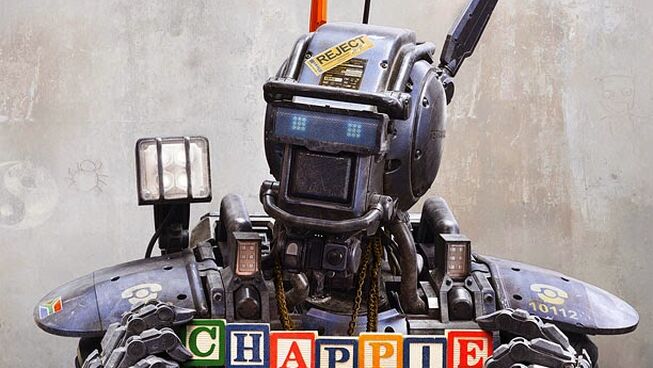Ep 151: Will robots take my job?
The rise of technology brings fear and uncertainty about how automation replaces human labour. But what about the even bigger question of artificial intelligence - will robots take our humanity? A fascinating show which peers into the future of technology and our work.
Our guest: David Chan. David works with City Bible Forum and also contracts as a technology advisor to major corporations. He’s a self confessed tech geek.
Invest in bigger thinking for as little as US$1 per podcast on Patreon.
Bigger Questions asked in the conversation
Smaller Questions
I thought we’d test you on how much you know about ‘robots taking jobs’.
Rise of the robots
Now this is no laughing matter, for according to willrobotstakemyjob.com about 47% of employment in the US is at risk due to computerisation. Another survey predicted that 35% of today’s jobs could go to robots by 2034. So Dave, is it really true that robots will lead to large scale job losses in the coming years?
Are there any particularly vulnerable job sectors?
Why is this happening? What particularly developments in robotics and mechanisation is allowing this to happen?
So jobs will be lost - but people have predicted the end of work many times. In the 1930s, John Maynard Keynes thought that innovations would mean most people spend their time on leisure activities. In the 1960s, US President Lyndon Johnson established a Presidential Commission to investigate fears that automation was permanently reducing the amount of work available and in 1978, the historian Ian Turner, predicted that by 1988, at least a quarter of the Australian workforce would be made redundant by technological change.
There are still plenty of jobs, isn’t this concern about the robot invasion unnecessary fear mongering?
Fears concerned with the rise of robots
So what do we fear about losing our jobs to robots?
So what is different about this change compared to previous technological or industrial revolutions?
In 1984 the rock band Queen wrote a song called, Machines (back to humans) with the lyrics:
It's a machines world
Don't tell me I ain't got no soul
When the machines take over
It ain't no place for rock and roll
So, will robots not only take our jobs, but music and our souls?
Response to rise of robots
What do the industry and thought leaders think of theses changes? Are they being embraced or is caution encouraged?
How do we prevent a rogue AI?
David’s story - testimony
As part of Bigger Questions we also reflect on the Bible because surprisingly to many, it offers answers to the big questions of life. But before we do that, we’re interested to hear about why you believe the Bible is worth following. So Dave, what convinced you to become a Christian believer?
The Bible’s reflection - model for humanity
This week’s big question is asking if robots will take my job. But robots aren’t really in the Bible, are they Dave? Does that make the Bible irrelevant to this question?
A Bible passage which is fundamental to a biblical reflection on the nature of humanity comes from the very first book of the Bible: Genesis. Chapter 1 outlines how God has created the earth and the creatures on the earth and then Chapter 1 verse 27 says,
So God created mankind in his own image,
in the image of God he created them;
male and female he created them.
Is it significant that humans are the last thing created in the Genesis narrative?
What does it mean for humanity to be created ‘in the image of God’?
28 God blessed them and said to them, ‘Be fruitful and increase in number; fill the earth and subdue it. Rule over the fish in the sea and the birds in the sky and over every living creature that moves on the ground.’
How does this help us when considering the rise of the robots?
The Bible’s reflection - trust in the image of God
The idea of the image of God is picked up and developed later in the Bible in the New Testament with the coming of Jesus. In the New Testament letter of Colossians, the Apostle Paul describes Jesus as image of God. He says in Colossians 1:15,
The Son is the image of the invisible God, the firstborn over all creation. 16 For in him all things were created: [...] things in heaven and on earth, visible and invisible, whether thrones or powers or rulers or authorities; [...] all things have been created through him and for him. 17 He is before all things, and in him all things hold together.
So Dave, what does this mean?
How does Jesus being the image of God help you think through this question?
Paul also speaks to the Colossians as being ‘in Christ’ for example in Colossians 1:2 he writes, ‘To God’s holy people in Colossae, the faithful brothers and sisters in Christ’ That’s significant for you? What does it mean to be ‘in Christ’?
So how does Jesus being the image of God help us deal with the immediate fear of losing my job. For example, telemarketers, receptionists - how should they respond?
Wrap up
So David, will robots take my job?
